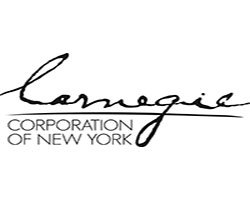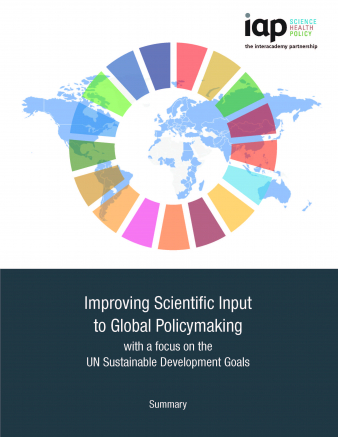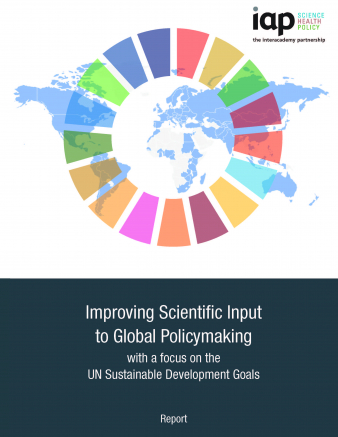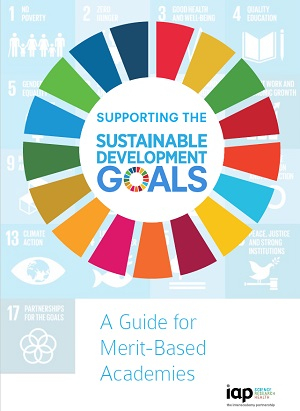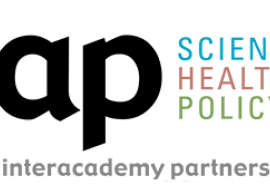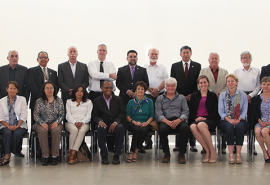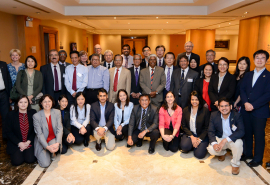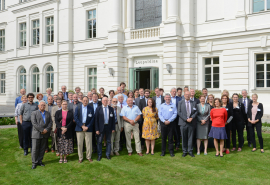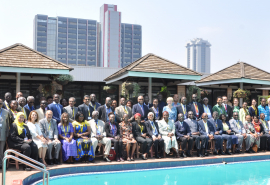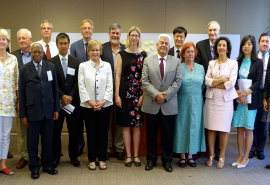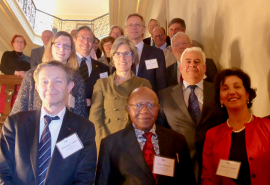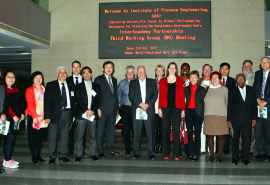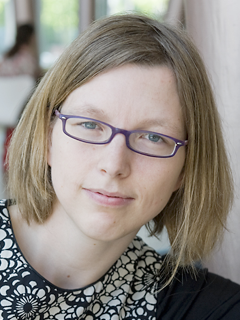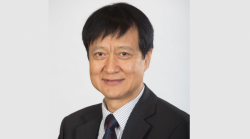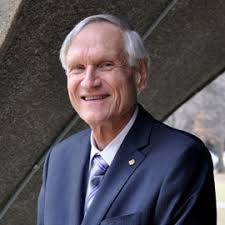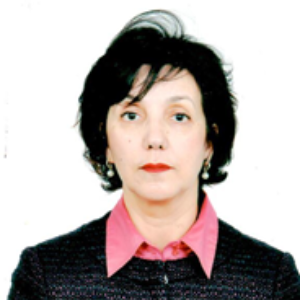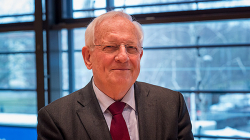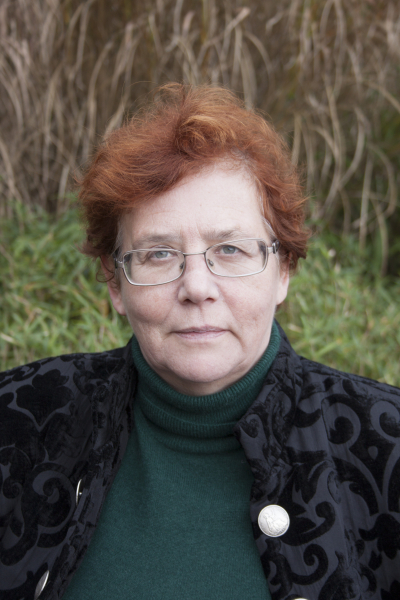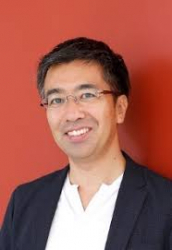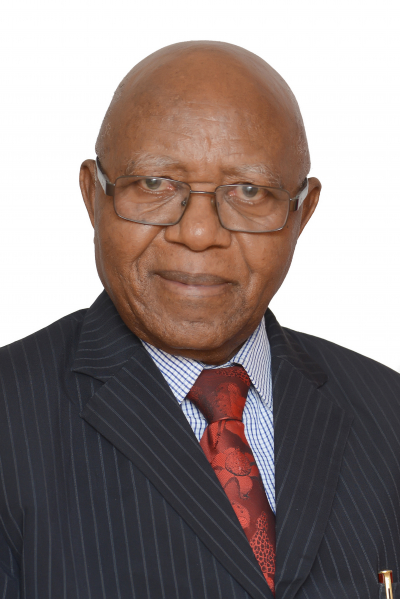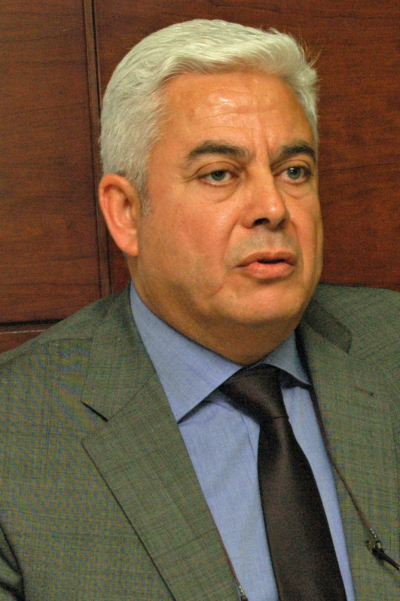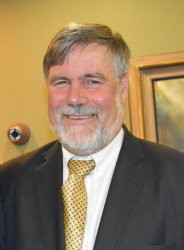Improving Scientific Input to Global Policymaking
Overview
IAP for Policy, in partnership with the Institute for Advanced Study (IAS), and with support from the Carnegie Corporation of New York (CCNY), completed a three year project framed around the global science community’s contribution to achieving the Sustainable Development Goals (SDGs) of the United Nations. The advent of the SDGs provides an important opportunity to examine the landscape of global scientific advice and identify approaches that have been successful as well as gaps and opportunities for improvement.
This project, led by a working group co-chaired by Professor LI Jinghai, former Vice President of the Chinese Academy of Sciences and Dr. Eva Alisic, Senior Research Fellow at Monash University and past co-chair of the Global Young Academy, developed a framework for action to strengthen the global science-policy interface and facilitate productive collaboration and adoption of best practices among the organizations that generate scientific advice.
Project Outputs
- Improving Scientific Input to Global Policymaking with a focus on the UN SDGs: Report -- May 2019
- Improving Scientific Input to Global Policymaking with a focus on the UN SDGs: Summary -- May 2019
- Merit-based academies in the 21st century: A think piece -- March 2019
- Regional Workshops on the SDGs -- May - September 2018
- Guide to the SDGs for Merit-Based Academies -- 6 December 2017
- Academy Reports Related to the Sustainable Development Goals (SDGs) were submitted by IAP member academies and are collated on the Resources tab of this page. The database is searchable by country and SDG -- 18 October 2017
Results of the survey of the academies -- 8 August 2017 Project Launch Press Release -- 18 August 2016 - Academy survey to inform the study -- 10 October 2016
Project
Publications
Project
Updates
People and Institutions
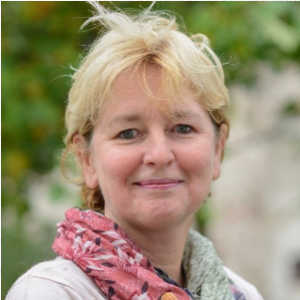
Resources
Academy Reports Related
to the Sustainable Development Goals (SDGs)
The publications included in this database were submitted by IAP member academies throughout the duration of this project. The database is searchable by country and SDG.
In an increasingly complex world, with an unprecedented pace of social, political and technological change, and ever-mounting social, economic and environmental pressures, it has become imperative to review merit-based academies and their role in society. This thinkpiece explores how learned academies (of any discipline of scholarship) can adapt to better support a variety of demands and be vital, relevant organisations in the 21st century.
These short animated videos summarise the work and conclusions of our recent joint report in different languages connecting to the major stakeholder groups.
An article by Song Jianlan (CAS) on IAP's SDG project 'Improving Scientific Input to Global Policymaking: Strategies for Attaining the Sustainable Development Goals'.
The InterAcademy Partnership (IAP) project “Improving Scientific Input to Global Policymaking” is now mid-way through its three-year programme and we’re pleased to report its progress to-date. Funded by Carnegie Corporation of New York, the project aims to:
- raise awareness of the Sustainable Development Goals (SDGs), especially amongst the academies;
- explore opportunities to support SDGs more effectively, with a focus on how the academies can play their part systemically;
- encourage collaboration and adoption of good practice among organizations that generate scientific advice and support.
CAS Member Prof. LI Jinghai (Vice President of ICSU) and Eva Alisic (former Co-Chair of the Global Young Academy) are co-chairing a dynamic group of international experts, nominated by IAP members, the Global Young Academy and ICSU. They are all dedicated to helping academies, whether senior or young, established or new, to better play their part in science advisory systems at national, regional and global levels, and to support the UN’s Agenda 2030.
GYA's: SCIENTIFIC INPUT TO ACHIEVING THE SUSTAINABLE DEVELOPMENT GOALS (SDGs) A survey of the national science academies to inform a new IAP project and support academies’ advice
IAP: SCIENTIFIC INPUT TO ACHIEVING THE SUSTAINABLE DEVELOPMENT GOALS (SDGs) A survey of the national science academies to inform a new IAP project and support academies’ advice
Early in the project, the Working Group undertook a survey of senior and young academies in order to inform the project on the roles, current status, and goals of academies of science, medicine, and engineering in implementing and supporting the SDGs.
Over the fall and winter of 2016-2017 the secretariat distributed the survey to members of IAP-Science, IAP-Health, and the International Council of Academies of Engineering and Technical Sciences, as well as to young academies and the Global Young Academy, and followed up by telephone or Skype with several academies. Eighty-eight out of approximately 150 academies responded. The secretariat compiled the results and work is ongoing to develop complementary resources including a searchable database of all SDG-relevant reports that academies have published since 2014 and a brief guide, tailored to academies, on supporting the SDGs. These resources will be available to all academies and other interested parties soon.
Geoengineering the climate: Science, governance and uncertainty SDG 13: Climate Action https://royalsociety.org/~/media/Royal_Society_Content/policy/publications/2009/8693.pdf
Reaping the benefits: Science and the sustainable intensification of global agriculture SDG 2: Zero Hunger SDG 13: Climate Action. You can read it online here.
In this Statement, EASAC builds on a long-standing interest in the opportunities and challenges associated with tackling infectious diseases to re-examine the current situation, to consider how to search for new scientific directions for antimicrobial innovation and to remove impediments in translating research advances to drug development.
Regulation of Agriculture GM Technology in Africa: Mobilising Science and Science Academies for Policymaking SDG 2: Zero Hunger https://www.assaf.org.za/files/2012/11/K-9610-ASSAF-GMO-Report-Dev-V8-LR.pdf
This report by the International Council for Science (ICSU) and the International Social Science Council (ISSC) is the first such an assessment of the 169 targets beneath the 17 draft goals carried out by the scientific community. It finds that quite a number still suffer from lack of integration, some repetition and rely too much on vague language rather than measurable targets. Therefore the authors argue that an ‘end-goal’ to provide a big picture vision for the SDGs is needed.
Technological Innovations for a Low Carbon Society SDG 7: Clean Energy https://www.assaf.org.za/files/2015/05/Technological-Innovations-Inners.pdf
Vaccines and Immunization Advisory Committee SDG 3: Good Health http://nas.org.ng/reports/

